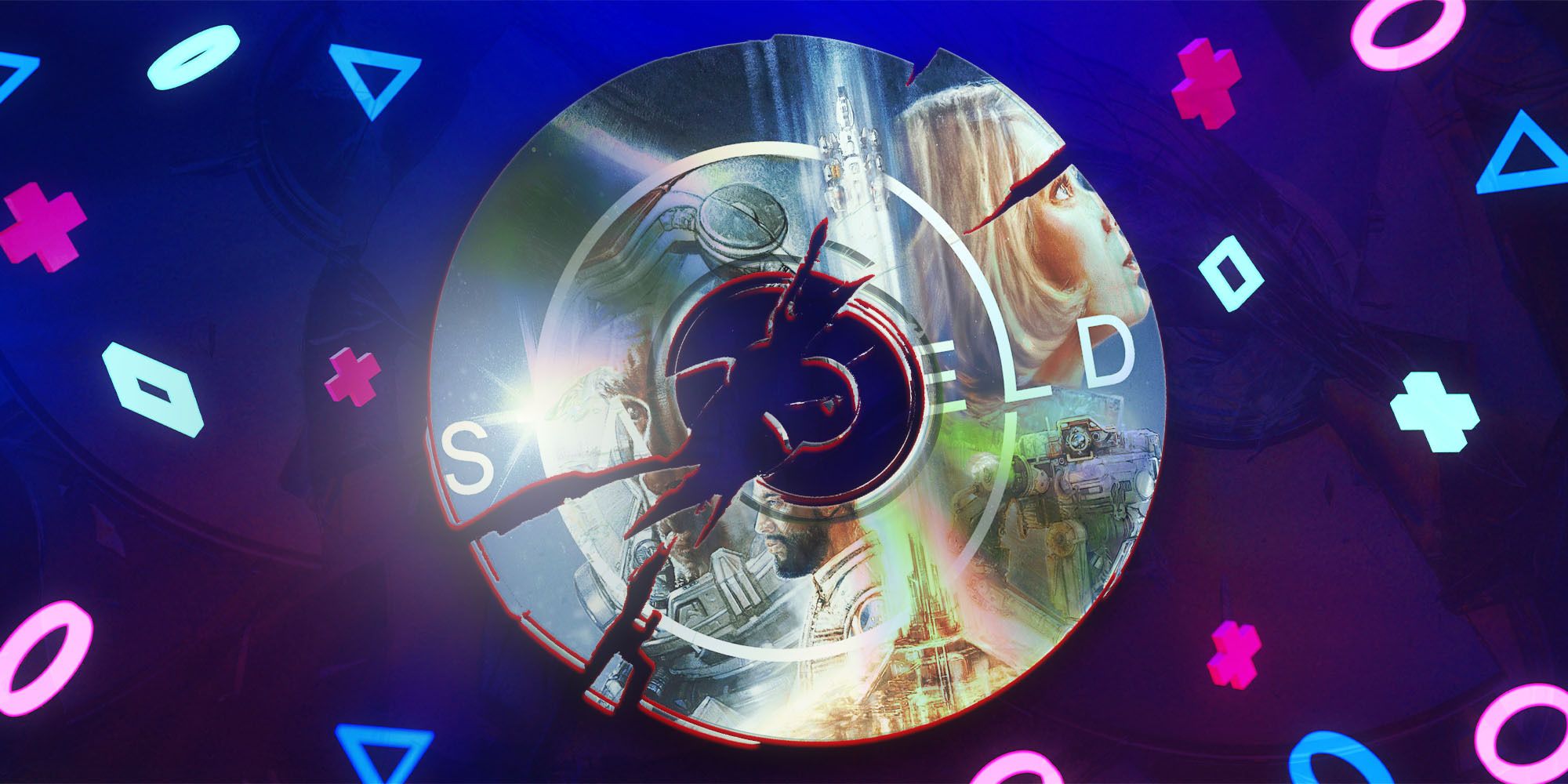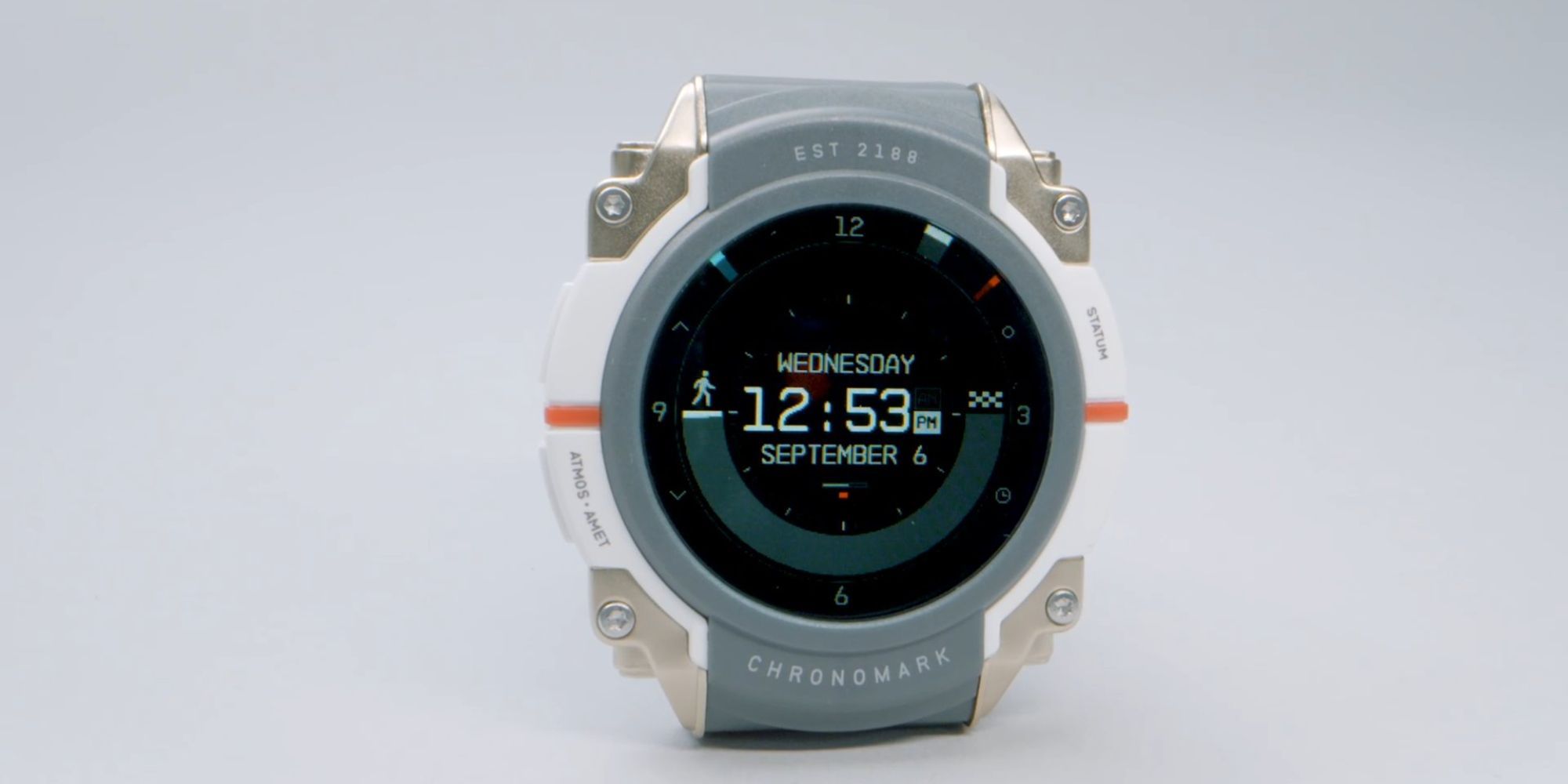Buying a video game is so complicated these days that even the people selling them don't really understand it. Over the weekend, a fan asked one of the official Bethesda accounts if Starfield would have a disc version, only to be told that it would only be available on digital. Some further investigation revealed that the collector's edition comes only with a fake disc, before it emerged that the Bethesda reply is specifically referencing the PC version of the game, a platform where physical releases died out a decade ago. On consoles, the game will still have a disc... kind of. Physical media is dying a slow death, and I'd say things will only get worse before they get better, but I'm not sure they'll ever get better at all.
The Spanish Bethesda account has clarified that the standard edition of the game sold in stores will be a real, physical disc. However, the collector's edition will be replaced by a unique code engraved onto a non-playable disc, which sounds like the stupid bullshit collector's editions are made of, but it really should just have the game. It's not really a collector's edition of the game if it doesn't have the game. It's just a merch box. God of War Ragnarok had the same issue, with a shipping error leading to the wrong codes being added, meaning those who bought the collector's edition received no game, physical or digital, at all.
Of course, very few people are going to buy the disc version of Starfield anyway. We can assume a price of $70 for the game, as is the current industry standard. Game Pass, which Starfield will arrive on from day one, costs $15 a month. While some people are going to be playing a game as huge as Starfield for a long, long time, you'd have to play for five months before Game Pass was the more expensive option. And that's not even taking into account the fact that five smaller payments are easier than one upfront cost, or the fact that thousands of other games come with Game Pass included for the price.
I'll be getting it on Game Pass, and in fact most of the games I buy these days are digital. The last physical game I bought was Final Fantasy 7 Remake, and I have no idea what the next one might be. FF7 might well have been the last one ever. I download everything and my Xbox doesn't even have a disc tray. My PS5 does, owing to having a few old favourites left over from the PS4 days, but I'm aware that I'm part of the problem. However, I think there should be a marked difference between a gaming journalist who has to play most major releases each year to stay informed for their work, and the average fan who wants to actually own the things they own. Companies should be selling to - and cherishing - those people, not the ones like me.
If I don't get to play Star Wars Jedi: Survivor in six years time because something happened to the servers, who cares? I'm never going to try to play it six months from now, let alone six years. But fans who bought it should have access to it forever, and younger fans who come along later should have the chance to get into it for pennies on the preowned market. But because of the way Jedi: Survivor was sold, they might lose the opportunity to, even with a physical disc in hand.
Nothing is permanent these days. There has been a subtle shift in rebranding any art produced online as being 'content', and this has come for television too: streaming platforms regularly boast about having a wide array of content to be consumed. Not appreciated. Consumed. Eaten and then, when we're done with it, shit right back out. Nothing is supposed to last longer than a financial quarter. Slow burning hits like Breaking Bad are impossible these days. You need to be an instant hit, like Stranger Things or Wednesday, and even then you get milked dry and churned up.
This has come for movies too. While not all cinema is described as content, the biggest studios built around cinematic universes tout themselves as content producers. Physical releases are nominal in movies now, killing the VHS (which became the DVD) market that propped up mid-budget movies forever. This led to a race towards blockbusters that need to be instant, massive hits and makes the major studios far more reluctant to take risks. Given gaming as a long-held inferiority complex over cinema, it shouldn't be a surprise that we seem inspired by this bland, risk-free approach to 'content'.
Games, so often a trendsetter in the modern media landscape, are strangely lagging behind. While the word 'content' is thrown around by executives occasionally, games remain games, not content. PlayStation has 'exclusives' not 'premium content'. Despite gaming's switch to a digital marketplace (where, as usual, it was at the forefront), the popularity of collector's editions means physical releases still hold a sizable chunk of the market. But more and more, the game itself is an irrelevant part of these packages, so irrelevant that they don't even need to include it.
With only one official channel chiming in, it's still a little unclear how exactly Starfield is going to shake out, but this is an issue bigger than Starfield. While I personally enjoy the ease of digital downloads, I can also see that it makes the experience less enjoyable for long-term fans and less accessible for younger fans who, like many of us once upon a time, rely on preowned sales, not to mention the rural players forced out by gaming’s modern reliance on internet speeds. This issue is bigger than Starfield, and is part of a long-term pattern that turns games into content. In removing the physical disc from the equation, studios remove any substantive proof that the games existed at all as a cost-cutting measure. With streaming services removing shows from the platform entirely to swindle the taxes, how long is it until our discless future sees games wiped from existence entirely just to save a few bucks?




